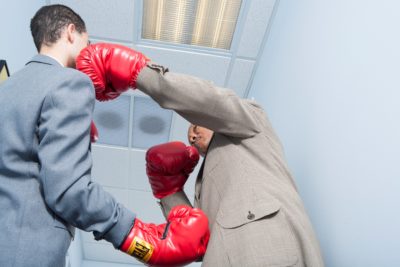 Leaders lead from their experience and knowledge, which makes leadership both an art and a science. Many leaders are excellent with the science of leadership. They are familiar with the latest trends, models and research in leadership. They also know how to teach the science of leadership. However, where they often struggle is in the art of leadership.
Leaders lead from their experience and knowledge, which makes leadership both an art and a science. Many leaders are excellent with the science of leadership. They are familiar with the latest trends, models and research in leadership. They also know how to teach the science of leadership. However, where they often struggle is in the art of leadership.
The art of leadership is the part that is shaped and influenced by experience. One aspect of the experience that influences leadership is the wounds the leader has experienced in life.
We all have been wounded in life and will be again as long as we are in relationships. Whether or not we are aware of it or admit it, those wounds will influence how we relate to others.
 “We don’t usually remember what people said or what they did – however we do remember how they make us feel.” – Maya Angelou
“We don’t usually remember what people said or what they did – however we do remember how they make us feel.” – Maya Angelou


